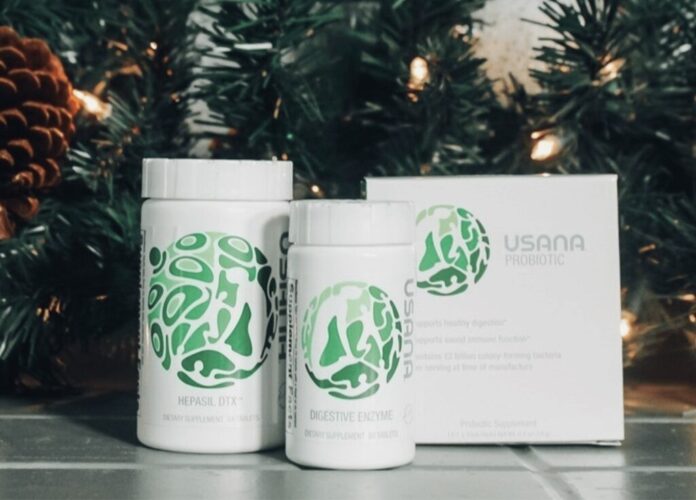
Personalized nutrition is key to helping people develop healthy habits and to motivate people to make important dietary changes to support and maintain their health. According to the American Nutrition Association, “Personalized nutrition is a field that leverages human individuality to drive nutrition strategies that prevent, manage, and treat disease and optimize health.” Today, more people want to have as much information on their health as possible, and there is a growing interest in personalized nutrition. There are various consumer products out there that can help, from digital products that keep track of food intake, physical activity level, sleep patterns, and other data. People are using services that cater to their needs, such as personalized vitamins and supplements. More than one-third of Americans take a multivitamin, according to the National Institutes of Health. Multivitamins, however, takes a one-size fits all approach, even though as individuals we may need more or less of a certain micronutrient, depending on factors such as age, gender, diet, genetics, family history, and medical condition. Everyone has different nutritional needs. For instance, women with heavier periods may need more iron, people with occupational exposure to heavy metals may need more detoxification micronutrients. So this is where personalized vitamins can tailor to an individual’s needs. According to the National Health and Nutrition Examination Survey (NHANES), most Americans are deficient in vitamin B6, iron, and vitamin D. The benefit of personalized vitamins is that you get the actual full therapeutic dose of the vitamin in need, and eliminates the ingredients you don’t need, as in combination supplements or in a multivitamin, which usually contains doses too low to work.
USANA provides personalized vitamins customized to meet the user’s personal health needs. MyHealthPak comprises of individually packaged supplements of morning and afternoon doses of vitamins and minerals. With more people becoming better informed on their personal health, demand for personalized vitamins and products like this will most likely continue.
Personalized vitamins can be based on a person’s DNA, or through a health assessment, and allows you to specify what kind of nutrients you need based on age, lifestyle, and medical history, and identifies any nutrition deficiencies. In the emerging science of nutrigenetics, which is the study of how genes and nutrients interact at the molecular level, people can be made aware of their chronic disease risk based on their genotype, and given personalized vitamins according to their genotype to reduce their risk. Individual genetic variability affects a person’s nutritional status in many ways. For example, a person’s genetic sequence affects his or her nutrient requirements, energy metabolism, and risk of chronic disease in response to diet. More research is needed, however, to understand the complex relationships among genes, diet, and disease risk and the interplay with our lifestyle and environment, as research suggests our individual genes are fluid and are shaped by our behavior such as diet, exercise, stress management and other lifestyle and environmental choices.
There are also personalized vitamins based on an individual’s microbiome. Your microbiome is made up of trillions of microbes that live in and on your body. Each of us has a unique mix of microbes in our guts that can affect our risk of conditions like obesity and diabetes. So personalized vitamins can help support a healthy gut microbiome. However, more research is needed in this area to provide personalizations based on someone’s gut microbiome.
While supplements and personalized vitamins can support health, it’s important to choose a reputable brand that has undergone third-party testing and is sourced from quality ingredients. And supplements, even if they are customized, aren’t a replacement for eating well, but they can fill in the gaps between what your body needs and what you consume. Eating a variety of healthy foods is still the best way to get your nutrients.





